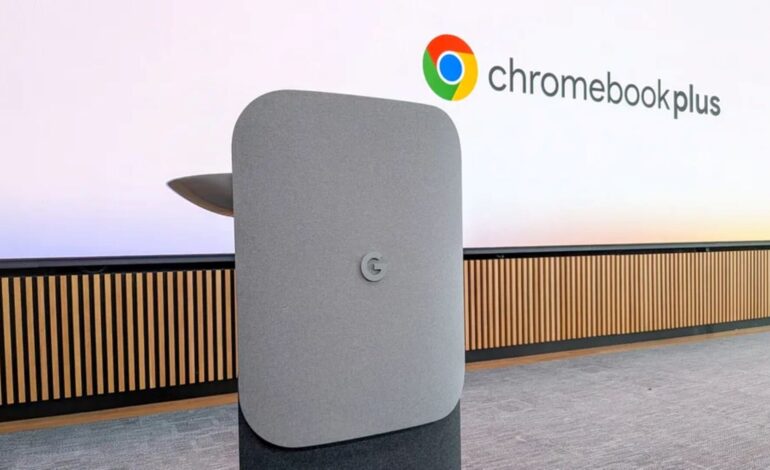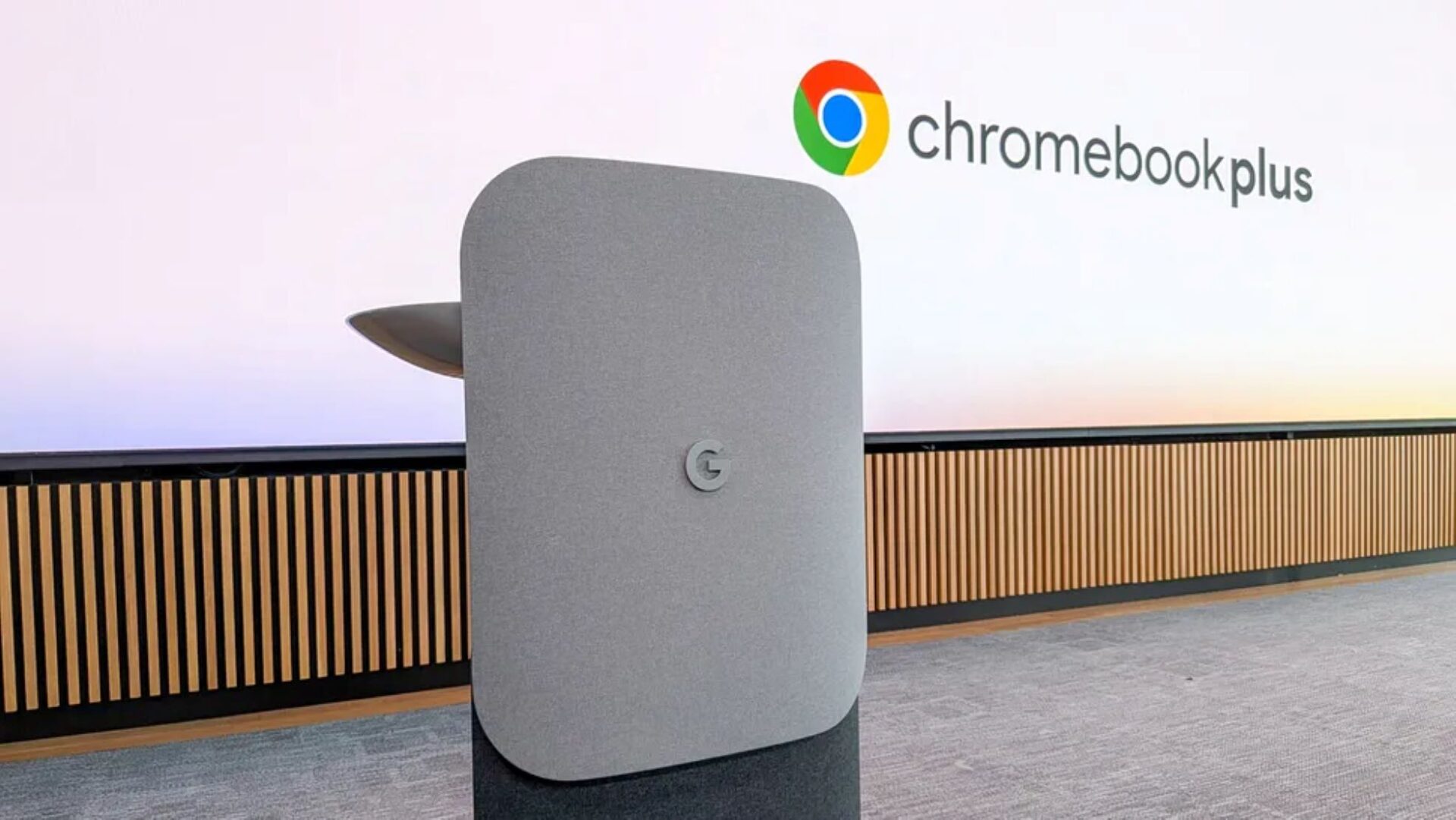Google Confirms ‘Aluminium OS’: A Game-Changer for Laptops

UPDATE: Google has just announced a major shift in its operating systems with the confirmation of a new platform called Aluminium OS. A recent job listing for a Senior Product Manager in Taipei unveiled this ambitious project, which many in the tech community had speculated about for years.
Aluminium is not merely an update to ChromeOS; it represents a fundamental transformation in Google’s approach to computing, merging the capabilities of Android with a focus on larger-screen devices like laptops and tablets.
The urgency of this development cannot be overstated. With a planned consumer launch in 2026, Aluminium aims to redefine user experiences and streamline Google’s operating system landscape. As the tech world shifts toward greater AI integration, the implications for users are profound.
Key Features of Aluminium OS:**
– **AI-Centric Design**: Aluminium will center around AI, with indications of deep integration with Google’s advanced AI model, Gemini. This could revolutionize how users interact with their devices, offering features that operate seamlessly without constant internet connectivity.
– **Expanded Device Tiers**: New hardware categories, including AL Entry, AL Mass Premium, and AL Premium, signal Google’s intention to target not just educational markets but also high-end users competing against devices like the MacBook Air.
– **Hardware Compatibility**: Development logs reveal testing on MediaTek and Intel chips, indicating a versatile operating system designed to work across a wide spectrum of devices rather than being confined to a single category.
The implications for users are significant. Future Chromebooks powered by Aluminium OS could function similarly to versatile Android tablets, with improved productivity features such as advanced window management and better support for mouse and keyboard input.
This strategic move addresses a long-standing challenge of fragmentation within Google’s ecosystem. With both ChromeOS and Aluminium likely to coexist initially, Google is paving the way for a smoother transition, ultimately aiming for a unified platform that seamlessly scales from smartphones to powerful workstations.
What Happens Next? As the tech community eagerly anticipates the consumer debut of Aluminium, users should watch for more updates from Google. The company is expected to unveil further details leading up to the launch, especially around the capabilities of AI integration and hardware partnerships.
For those concerned about current devices, Google has clarified that while Aluminium will replace ChromeOS, older Chromebooks may not receive the upgrade. However, high-end models released closer to the launch date could be eligible for the new system.
In summary, Google’s Aluminium OS is set to reshape the landscape of personal computing, merging the strengths of its existing systems into a single, powerful platform. With its release on the horizon, the excitement surrounding this development is palpable, making it a must-watch for technology enthusiasts and everyday users alike.
Stay tuned for the latest updates as Google prepares to unveil this transformative operating system.






